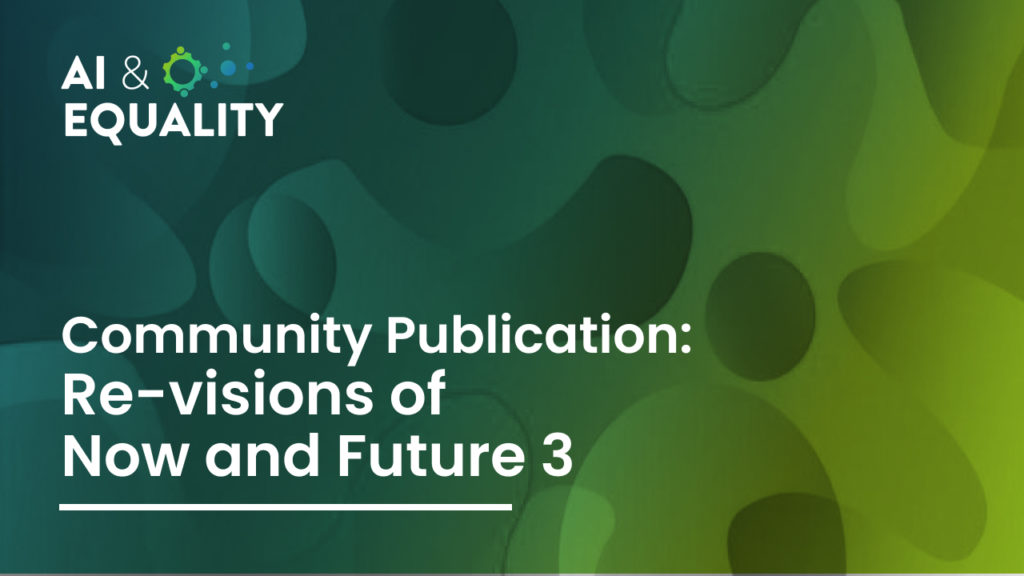This volume brings together nineteen essays written by participants of the AI & Equality Human Rights online course, held during the January J-Term 2025. This free, open-access course invited thinkers, practitioners, and activists from across disciplines to interrogate the ways AI systems entrench or challenge existing inequalities. Through rigorous engagement with human rights frameworks and critical questions of power, fairness, accountability and governance, participants produced essays that push beyond mainstream AI discourse to address its structural, political, and deeply human dimensions.
The essays take a variety of forms, reflecting the diverse backgrounds, experiences, and analytical approaches of their authors. Some are extensive research papers while others are short reflective pieces that bring personal experience, activism, or professional insight into conversation with the course’s themes.
Several essays interrogate the ethical dilemmas of machine learning, from the potential of large language models to promote fairness in humanitarian contexts to the pressing need for machine unlearning as a human rights imperative. Others expose the privacy and data collection risks embedded in AI-driven recommendation systems, highlighting how opaque algorithms disproportionately impact marginalized communities. Across these discussions, the authors emphasize the urgency of accountability, transparency, and ethical AI development, resisting the pervasive assumption that technological progress is inherently neutral or beneficial.
A strong feminist critique runs through many contributions, focusing on AI’s entanglement with gendered oppression and digital inequalities. Authors explore the potential of data feminism as both a theoretical lens and a practical tool to combat tech-facilitated gender-based violence, biased content moderation, and systemic discrimination in algorithmic design. Other essays shift the focus to AI’s governance, procurement, and labor implications, exposing how AI reshapes global work structures—often at the expense of workers in the Global South. From the ethical responsibilities of NGOs adopting AI to the erosion of human agency under algorithmic management. Taken together, the collection forms a powerful call for resistance, transformation, and justice in AI.

